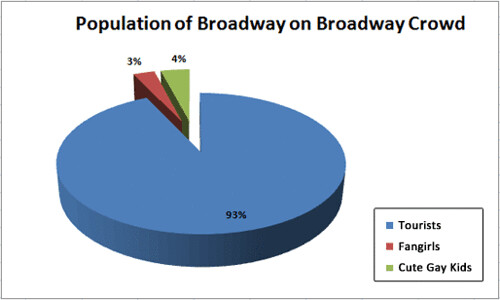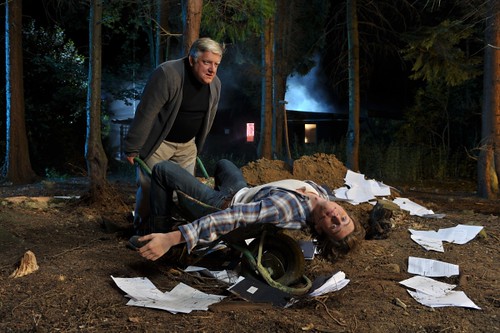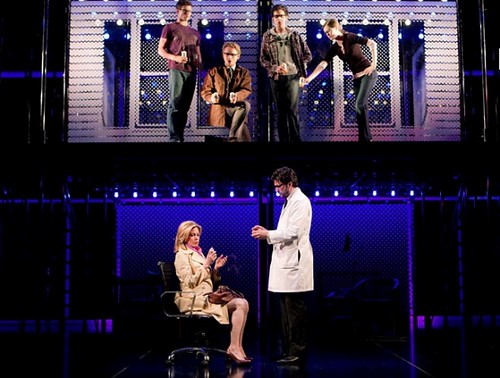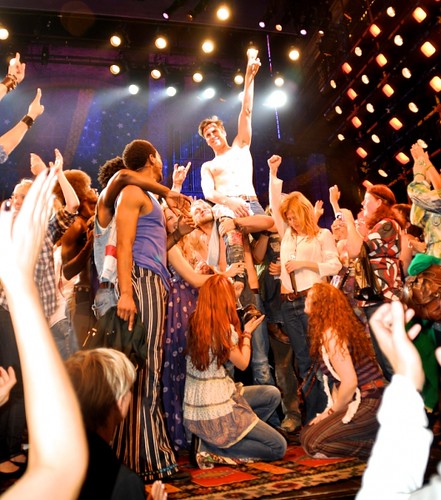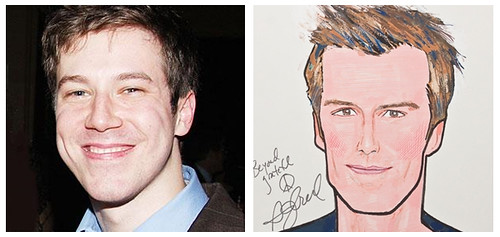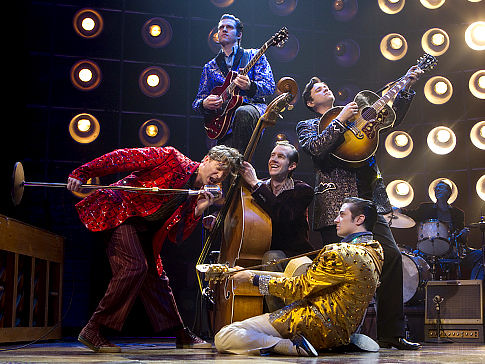It was the first Tuesday of class for us NYU Freshmen. The night before it had rained so hard it seemed like the world was ending. (The kind of thought only a child who’d grown up exclusively in peacetime would dare to consider.) And that morning I woke to a series of phone calls, crying parents and what appeared to be a small fire on our tiny television screen. Then the cameras panned out. And everything, everything, everything changed.
September 11, 2001. Nine years ago, today.
Sometimes it seems selfish to even allow myself the pain. To think about how my life is divided into before and after. To feel any right to cry every year, like my chest is being pulled apart, as I try and avoid the memories—not just the ones on my TV screen, but the ones I carry inside me always.
I didn’t lose any family members or friends. I was not hurt. But perhaps I did lose a piece of myself, that morning. In those fragile days when I had just moved out on my own, just started college, just leapt blindly into a whole new, adult life, I suffered tragedy alongside this nation. It will never leave me.
In the days and weeks that would follow, there were all kinds of new fears. I had my own feelings, and the ones the media was trying to tell me were mine, too. Everything felt so heavy. I tried a great many things to help me cope—crying, writing, talking, getting far too close to bags of Peanut M&Ms—but the one thing that stands out now, is theater.
I clung to the theater like it was my last lifeline, the last tie to who I was before and who I had wanted to become.
I grew up close enough to the city to come in several times a year to see shows—with my family, with school—and for almost as long as I could remember theater had been a part of my life. But never, never had the theater felt as important to me as it did in those quiet, mournful days after September 11th.
I was terrified that Broadway might somehow end. It was silly, perhaps, to worry this way. To give in to that ridiculous fear. There were bigger problems in the world, clearly, than the state of New York Theater. Besides, the Great White Way had weathered generations of tragedy, war and economic hardship and it stood strong. It would not leave us. But then…buildings don’t collapse into dust, either, and hadn’t I just watched that happen? Who could count on anything anymore?
So I binged. On RENT, specifically. To be honest with you, I don’t even remember how many times I saw that show in the immediate aftermath of September 11th. It was probably something like four times in two weeks. Maybe more. So much of that time is a blur.
Somewhere along the line, though, things shifted. I was no longer just trying to see a show I feared might close—to give them my meager ticket money and get in one last viewing, just in case—I was trying to heal myself, too. It started with tears. It was safe to cry there, in that dark, cool theater. I didn’t have to hold to the tears anymore, the ones I had grown so tired of crying for myself, or for terrorism and loss on the streets of my life. I still had so many. And in the Nederlander, with Marc and Mimi and Angel, I could let them go.
It was more than just the tears, though. More than just the safe emotional release. RENT was the life I had dreamed of before—the very dream that had brought me to New York City in the first place. On September 11th, the world had shifted under my feet, changed irrevocably. But sitting in the Nederlander I could remember, again, what my life had been like once and what I had dreamed of for my future. I could hold onto the things I was most afraid of losing. And I could start to see my dreams again, to rebuild them. I could patch myself back together.
That first semester I would see RENT almost once a week. More than fifteen times, all told, but probably closer to twenty. I survived my freshman year, sifted through the aftermath of tragedy, and came out stronger. RENT survived too. Seven long years later I sat in the Nederlander again, days before the anniversary, and bade the show a final farewell. It was different, seeing it again so many years later, but I will never forget what that show carried me through. In that way, just like September 11th, RENT will always be with me, always be a part of who I am.

